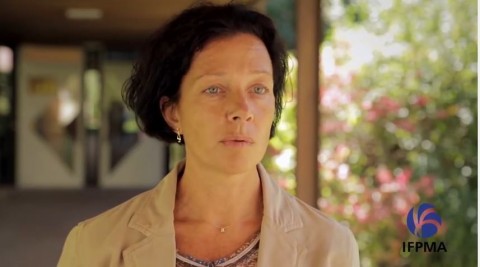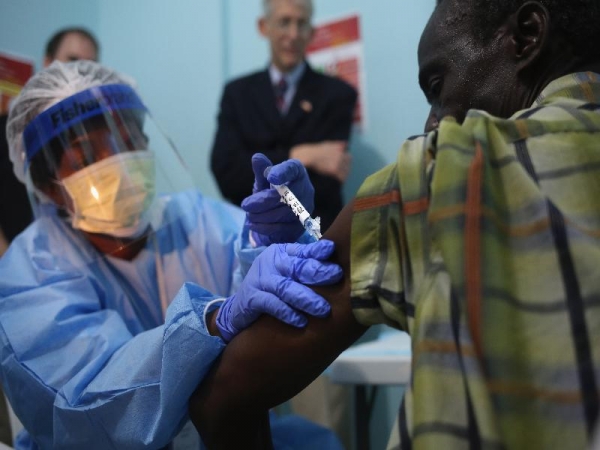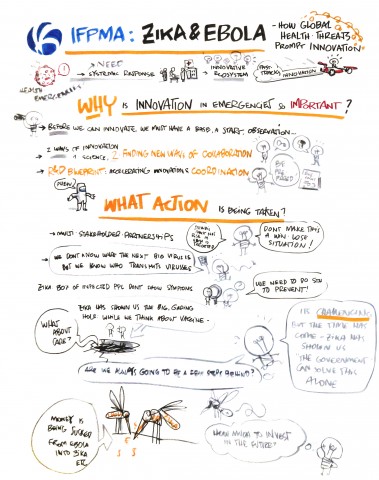
Tackling
Global health challenges
Ebola
Ebola
The research-based pharmaceutical industry clearly has a role to play in developing new and improved medicines and vaccines to help respond to Ebola outbreaks.
The 2014–2016 outbreak in West Africa was the largest Ebola outbreak since the virus was first discovered in 1976. The outbreak started in Guinea and then moved across land borders to Sierra Leone and Liberia. The current 2018-2019 outbreak in eastern Democratic Republic of the Congo DRC is highly complex, with insecurity adversely affecting public health response activities.



In response to the Ebola emergency, IFPMA members working close collaboration with WHO and with the support of regulators, to develop new, safe and effective vaccines to help control the spread of Ebola outbreaks.
Following Ervebo’s EU approval, WHO has prequalified the vaccine, which means that it meets WHO’s quality, safety and efficacy standards and is expected to speed up authorisation, access and roll-out in high-risk countries. Ervebo is currently used in the DRC as part of WHO’s ‘ring vaccination programme (for more information, see WHO new release, 12 November 2019). The U.S. Food and Drug Administration announced in December 2019 the approval of Ervebo, the first FDA-approved vaccine for the prevention of Ebola (for more information, see FDA news release). Ervebo is manufactured by Merck (known as MSD outside the US and Canada). As part of its clinical development, and in response to requests from the WHO, Merck has, to date, donated more than 250,000 1.0mL doses of V920 to the WHO for use in outbreak response efforts occurring in the DRC since May 2018. The Democratic Republic of the Congo (DRC), Burundi, Ghana and Zambia have licensed the vaccine in February 2019 (for more information, see WHO news release, 14 February 2020).
WHO supported introduction of a second vaccine, the Johnson & Johnson (J&J) investigational vaccine, to help combat the Ebola outbreak in DRC. To help protect people at risk of Ebola, Janssen has committed to donate up to 500,000 vaccine regimens in support of a new clinical study in the DRC. The first batches of vaccine have been shipped to the country in October 2019 (for more information, see J&J news release, 31 October 2019).
In addition, IFPMA members have actively supported emergency relief efforts, working closely with NGOs and governments.
The Ebola crisis demonstrates the importance of resilient health systems, underpinned by adequately resourced primary care and immunization programs. Investing in human resources, increasing per-capita spending on health, and better general infrastructure are all critical to lay the foundations for control of similar epidemics.
The Ebola virus causes an acute, serious illness which is often fatal if untreated. Ebola is transmitted to humans through close contact with the blood, secretions, organs, or other bodily fluids of infected animals found ill or dead.
As of February 2020, 3431 cases
were reported in DRC
The average EVD case fatality
is around 50%
2 vaccines
are being used to help control the spread of Ebola outbreaks



















